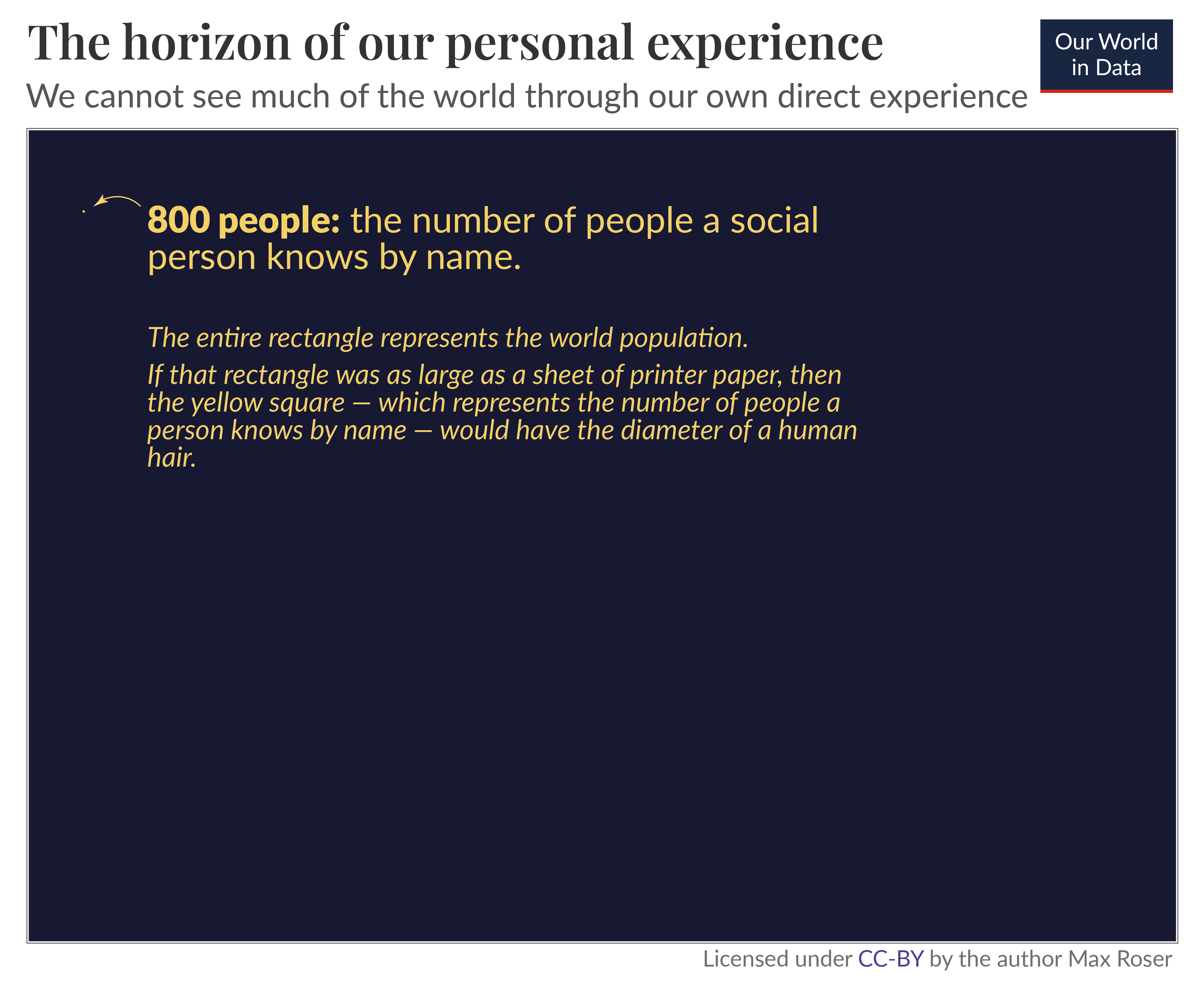What I’m Reading: A long article and photo spread, this Sunday, in the New York Times.
Shared Article from nytimes.com
Venezuela’s Oil Industry Is Broken. Now It’s Breaking the En…
Gas flares and leaking pipelines from Venezuela’s once-booming oil industry, hobbled by U.S. sanctions and mismanagement, are polluting towns and a …
By Isayen Herrera, Sheyla Urdaneta and Adriana Loureiro Fernandez @ nytimes.com
Venezuela’s Oil Industry is Broken. Now It’s Breaking the Environment
Venezuela’s oil industry, which helped transform the country’s fortunes, has been decimated by mismanagement and several years of U.S. sanctions imposed on the country’s authoritarian government, leaving behind a ravaged economy and a devastated environment.
The state-owned oil company has struggled to maintain minimal production for export to other countries, as well as domestic consumption. But to do so it has sacrificed basic maintenance and relied on increasingly shoddy equipment that has led to a growing environmental toll, environmental activists say.
. . . Mr. Aguilera lives in El Tejero, a town nearly 300 miles east of Caracas, the capital, in an oil-rich region known for towns that never see the darkness of night. Gas flares from oil wells light up at all hours with a roaring thunder, their vibrations causing the walls of rickety houses to crack.
Many residents complain of having respiratory diseases like asthma, which scientists say can be aggravated by emissions from gas flares. Rain brings down an oily film that corrodes car engines, turns white clothes dark and stains notebooks that children carry to school.
And yet, paradoxically, widespread fuel shortages in the country with the world’s largest proven oil reserves mean virtually no one in this region has cooking gas at home.
Soon after President Hugo Chávez rose to power in the 1990s with promises to use the country’s oil wealth to lift up the poor, he fired thousands of oil workers, including engineers and geologists, and replaced them with political supporters, took control of foreign-owned oil assets, and neglected safety and environmental standards.
Then, in 2019, the United States accused Mr. Chavez’s successor, President Nicolás Maduro, of election fraud and imposed economic sanctions, including a ban on Venezuelan oil imports, to try to force him from power.
The country’s economy collapsed, helping to fuel a mass exodus of Venezuelans who could not afford to feed their families even as Mr. Maduro has managed to maintain his repressive hold on power.
— Isayen Herrera and Sheyla Urdaneta, “Venezuela’s Oil Industry is Broken. Now It’s Breaking the Environment.”
New York Times, 22 Quintilis 2023.
I’m going to interrupt the reporting here for a minute to say that one of this story’s weaknesses, like many reported in U.S. press, comes from its diplomatic attempt to apportion blame and avoid putting too much on the Bolivarian regime. This has some cautious and good-hearted motives behind it; in any case it doesn’t lead to stating any concrete falsehoods about the development of Venezuela’s catastrophic economic and political crises. But leaping from Chavez’s strike-breaking purge and reorganization of PDVSA — in February 2003! — to Then, in 2019…
is telescoping an awful lot of extremely eventful time in between. This bookending leaves the misleading impression that something may have been going wrong from the early 2000s, but things didn’t really get so obviously, unbearably bad until — boom! — the U.S. sanctions came along in 2019. That’s not at all what happened. The ongoing train-wreck demolition of Venezuelan industry, consumer economies, standards of living, political liberties, physical security, and the most basic necessities of everyday life, were being widely reported in Venezuelan and international press from 2013-2014 and went on and on for years prior to 2019. U.S. sanctions made this catastrophically awful situation even worse, but it was overwhelmingly due to the foreseeable economic results of the Venezuelan government’s own policies and increasingly violent, extraconstitutional rule.[] Be that as it may, whatever weakness it may have in contextualizing these disasters, I think the reporting in this story is really important and heartbreaking. And behind story after story is this:
In eastern Venezuela, rusting refineries burn off methane gases that are part of the fossil fuel industry’s operations and are important drivers of global warming.
Even though Venezuela produces far less oil than it once did, it ranks third in the world in methane emissions per barrel of oil produced, according to the International Energy Agency.[]
Cabimas, a city about 400 miles northwest of Caracas on the shores of Lake Maracaibo, is another center of regional oil production. There, the state oil company, PDVSA, built hospitals and schools, set up summer camps and provided residents with Christmas toys.
Now oil seeps from deteriorating underwater pipelines in the lake, coating the shores and turning the water a neon green that can be seen from space. Broken pipes float on the surface, and oil drills are rusting and sinking into the water. Birds coated in oil struggle to fly.
The collapse of the oil industry has left Cabimas, once one of the richest communities in Venezuela, in extreme poverty. . . .
The poor maintenance of the fuel production machinery in Lake Maracaibo has led to an increase in oil spills, which have contaminated Cabimas and other communities along its shoreline, according to local organizations focusing on the issue.
The gas flares that burn across parts of Venezuela also point to the enfeeblement of the country’s fossil fuel industry: So much gas spews into the atmosphere because there is not enough functioning equipment to convert it into fuel, experts say.
— Isayen Herrera and Sheyla Urdaneta, “Venezuela’s Oil Industry is Broken. Now It’s Breaking the Environment.”
New York Times, 22 Quintilis 2023.
So it goes, and so it goes, onward while the Maduro government continues to look at the wrecked machines and ruined livelihoods, the violence and filth and pestilence and famine that decades of its policies have left on what had been one of the world’s richest natural landscapes. And they open their mouths and say that the fault for this decade and more of grueling man-made disaster lies, entirely and as always, not with the party in power since the turn of the century, but with their political enemies. The Bolivarian Process must, if anything, continue, and deepen.
At a U.N. climate change summit last year, Mr. Maduro did not address the environmental damage resulting from his country’s hobbled oil industry.
Instead, he claimed that Venezuela was responsible for less than 0.4 percent of global greenhouse gas emissions and blamed wealthier countries for causing environmental harm. (Experts say that figure is accurate and note that the country’s emissions have decreased as its oil industry has cratered.)
The Venezuelan people must pay the consequences of an imbalance caused by the world’s leading capitalist economies,
Mr. Maduro said in a speech at the summit.
A top government minister, Josué Alejandro Lorca, said in 2021 that oil spills were not a big deal because, historically, all oil companies have had them.
He added that the government did not have the resources to address the problem.
— Isayen Herrera and Sheyla Urdaneta, “Venezuela’s Oil Industry is Broken. Now It’s Breaking the Environment.”
New York Times, 22 Quintilis 2023.
Que se vayan todos.




